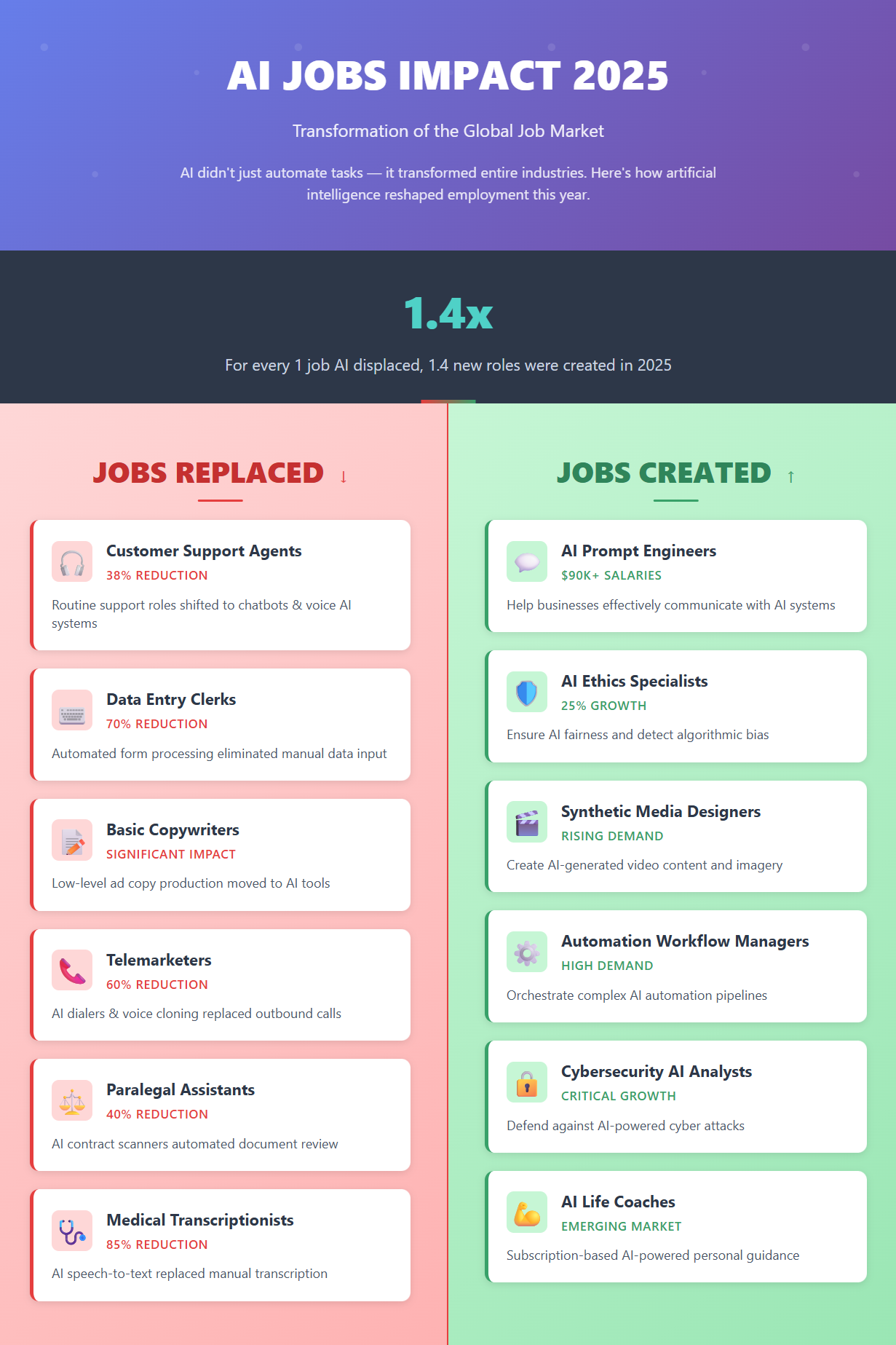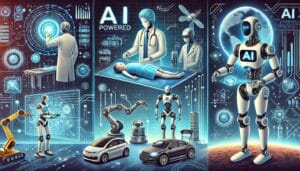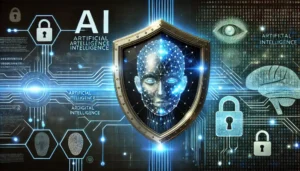AI jobs in 2025 are a mixed bag: while automation is replacing repetitive, rule-based roles, it’s also giving birth to brand-new careers in AI development, ethics, and human-AI collaboration. Our infographic breaks down which jobs are fading and which are thriving in this AI-driven future.
AI Jobs 2025 – A Snapshot
AI jobs in 2025 reflect both opportunities and disruptions.
Artificial Intelligence is no longer a buzzword; it’s the backbone of many industries. By 2025, we’re seeing a sharp divide: some jobs are shrinking as AI handles repetitive tasks, while others are growing because humans are needed to guide, monitor, and expand these systems. This dual shift is what makes the AI future of work such a hot conversation right now.
Jobs AI Replaced in 2025
Many low-skill or repetitive roles are being automated.
Automation has steadily eaten into industries that rely on predictable, rule-based tasks. Here’s a closer look at the AI replacing jobs trend:
Data Entry Clerks
AI-powered OCR (optical character recognition) and natural language processing tools now handle bulk data entry at lightning speed. Human clerks are less needed except for exception handling.
Customer Support (Tier 1)
Chatbots and conversational AI resolve 70–80% of routine queries. The jobs that remain involve escalations or complex, emotional issues where humans add real value.
Telemarketers
AI-driven voice agents now run campaigns with advanced personalization. This has replaced many traditional call-center jobs, although quality assurance and AI supervision roles have emerged.
Retail Cashiers
Self-checkout kiosks and AI-powered retail systems have drastically reduced cashier demand. Retailers are shifting staff toward customer experience roles instead.
Basic Accounting Roles
Bookkeeping tasks like expense tracking, invoice processing, and tax calculations are automated. Accountants now spend more time on strategy, compliance, and AI auditing.
Jobs AI Created in 2025
New industries mean new opportunities.
While some careers shrink, jobs created by AI are expanding rapidly. These roles didn’t exist (or were niche) a decade ago:
AI Prompt Engineers
Crafting the right prompts for AI systems is now a career. Companies hire prompt specialists to fine-tune AI responses for accuracy and creativity.
AI Ethicists and Compliance Officers
Every industry needs watchdogs ensuring AI is fair, unbiased, and aligned with regulations. These professionals bridge law, tech, and ethics.
Human-AI Interaction Designers
These are the UX specialists of the AI era, ensuring AI interfaces feel intuitive and human-like.
AI Trainers and Data Curators
Humans label, refine, and curate datasets to make AI smarter. This work powers everything from healthcare AI to autonomous driving.
AI Security Analysts
Cybersecurity has a new battlefield: defending against AI-generated threats. Analysts monitor and patch vulnerabilities AI itself may exploit.
Robotics Maintenance Technicians
With AI-powered robots scaling in logistics, agriculture, and healthcare, technicians who keep these machines running are in high demand.
Key Insights from the Infographic
The infographic visualizes the balance of loss vs. creation.
Below is our custom infographic showing AI jobs 2025: the roles being replaced and the ones emerging stronger than ever.

The graphic makes one point clear: AI doesn’t just erase jobs, it transforms them. For every clerical or repetitive job declining, a new category of AI careers 2025 is on the rise.
Embed This Infographic on Your Site
Want to share this infographic? Copy the code below and paste it into your blog or website. Please credit SanishTech with a link back.
What This Means for the Future of Work
The AI future of work is hybrid, not hostile.
AI won’t take over all jobs. Instead, it will push workers toward higher-value tasks. Think of it as a tool that handles the boring, repetitive stuff while humans focus on strategy, creativity, and empathy. By 2030, experts predict that more jobs will be created by AI than eliminated—though the transition will be bumpy for industries slow to adapt.
How Workers Can Adapt
Reskilling is the survival strategy in 2025.
The best response isn’t fear—it’s preparation. Workers should focus on:
- Learning AI tools: Familiarity with prompt-based systems, automation tools, and analytics dashboards.
- Developing soft skills: Communication, empathy, and creativity remain irreplaceable.
- Exploring adjacent careers: For example, a customer service agent can move into chatbot training or quality assurance.
- Continuous learning: Platforms offering free AI and data courses are booming in 2025.
The takeaway: don’t compete with AI, collaborate with it.
Conclusion
AI jobs in 2025 are proof that work is evolving, not ending.
Some roles are fading, but others are springing up at the same pace. Workers who adapt will find themselves in stronger positions than ever before.
Feel free to share or embed our infographic with credit to SanishTech.

![You are currently viewing AI Jobs in 2025: Roles Replaced vs. Roles Created [With Infographic]](https://sanishtech.com/wp-content/uploads/2025/09/ai-jobs-2025-featured-banner.webp)

